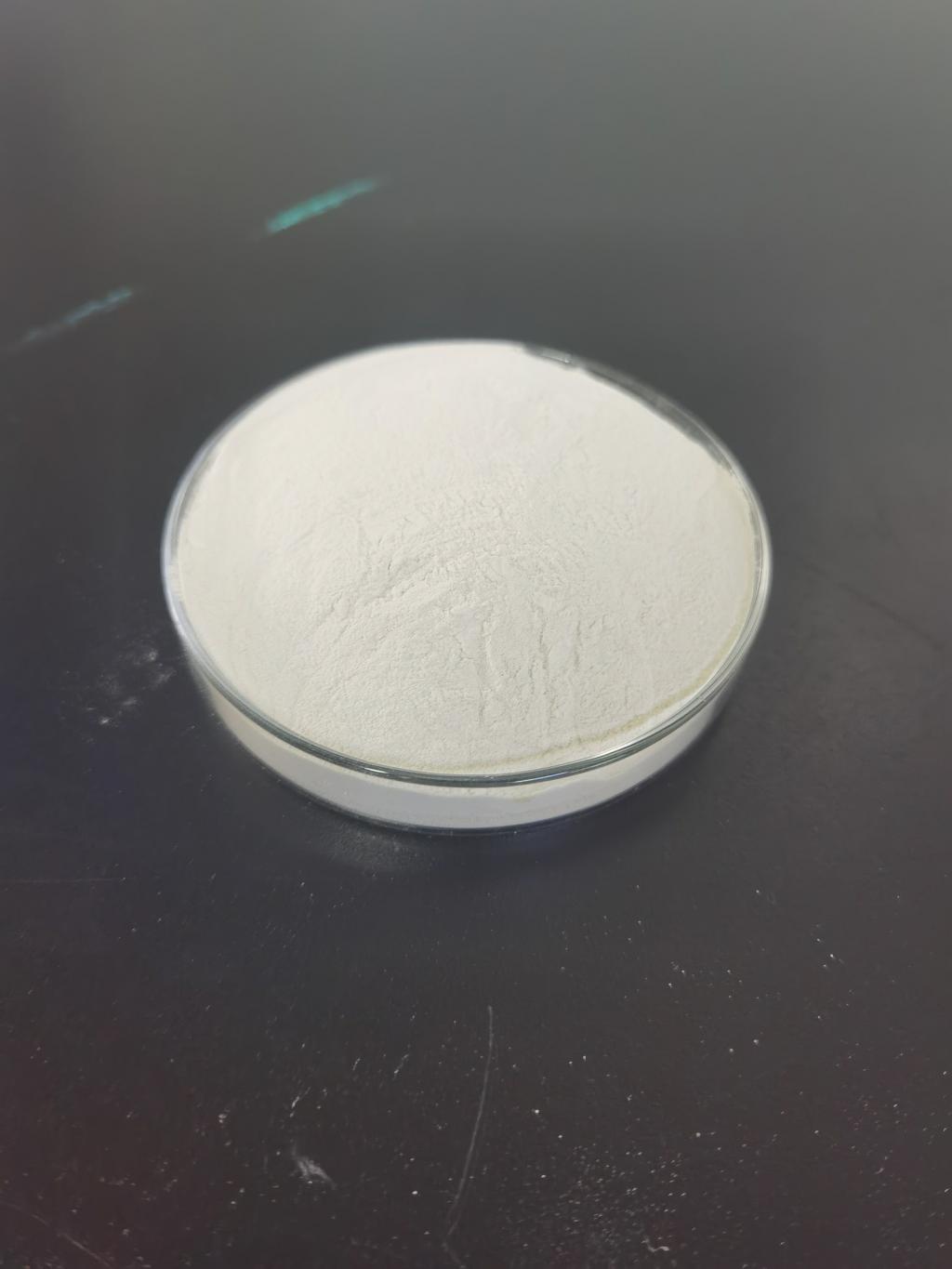Tel:+8618231198596

News
 CONTACT
CONTACT
 CONTACT
CONTACT
- Linkman:Linda Yao
- Tel: +8618231198596
- Email:linda.yao@dcpharma.cn
- Linkman:CHARLES.WANG
- Department:Overseas
- Tel: 0086 0311-85537378 0086 0311-85539701
News
Current Position:
Home >
News
>Nisin's Compatibility with Clean Beauty Trends: Applications in Personal Care
Nisin's Compatibility with Clean Beauty Trends: Applications in Personal Care
TIME:2024-02-01
I. Understanding Nisin:
Nisin is a peptide produced by the bacterium Lactococcus lactis, commonly used as a natural preservative in food products. Its antimicrobial properties make it effective against a variety of bacteria, making it a promising candidate for personal care formulations. Nisin's natural origin aligns with clean beauty principles, providing an alternative to synthetic preservatives that some consumers wish to avoid.
II. Clean Beauty Criteria and Nisin's Compatibility:
Clean beauty advocates for products free from harmful ingredients such as parabens, sulfates, phthalates, and synthetic fragrances. Nisin complies with these criteria as it is a naturally derived ingredient that addresses the need for effective preservation without resorting to potentially harmful synthetic chemicals. The use of Nisin in personal care formulations can contribute to cleaner, safer products that meet the rising demand for transparency and authenticity in the beauty industry.
III. Applications of Nisin in Personal Care Products:
Antimicrobial Protection:
Nisin's primary function as an antimicrobial agent makes it an ideal candidate for personal care products, such as cleansers, soaps, and shampoos. Its ability to inhibit the growth of harmful bacteria can contribute to product longevity without compromising on safety.
Preservation of Natural Ingredients:
Many clean beauty products feature natural and organic ingredients that may be prone to microbial contamination. Nisin can play a crucial role in preserving the integrity of these formulations, ensuring that consumers can enjoy the benefits of natural ingredients without compromising on product safety.
Oral Care Products:
The antimicrobial properties of Nisin make it suitable for use in oral care products such as toothpaste and mouthwash. Its effectiveness against bacteria can contribute to maintaining oral hygiene while adhering to clean beauty standards.
Deodorants:
Nisin's ability to combat bacteria makes it a potential ingredient for natural deodorants. By addressing the microbial activity responsible for body odor, Nisin can offer a clean and effective solution for those seeking alternatives to conventional deodorant formulations.
IV. Regulatory Considerations and Safety Profile:
While Nisin is generally recognized as safe for consumption, its use in personal care products may require adherence to specific regulations and guidelines. Ensuring compliance with regulatory standards is essential to guarantee the safety and efficacy of products containing Nisin.
V. Future Perspectives:
The incorporation of Nisin into personal care products aligns with the evolving landscape of clean beauty. Continued research and development in this area may unveil new applications and formulations that leverage Nisin's antimicrobial properties while meeting consumer preferences for clean, sustainable, and safe beauty products.
Conclusion:
As clean beauty trends continue to shape the personal care industry, ingredients like Nisin provide a bridge between effective formulation and consumer demand for safer, more natural products. The compatibility of Nisin with clean beauty principles makes it a promising candidate for a variety of personal care applications, offering a balance between innovation and adherence to evolving consumer preferences.
- Tel:+8618231198596
- Whatsapp:18231198596
- Chat With Skype







